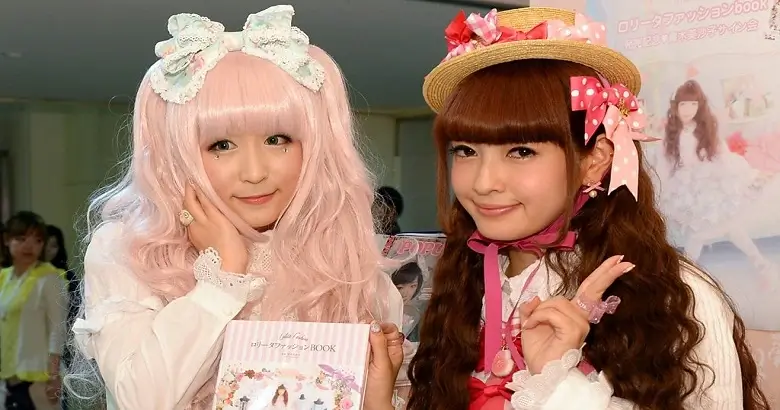TikTok users are urging the platform to ban a viral AI-powered tool known as the “chubby filter,” which alters users’ appearances to make them look heavier. While some have shared humorous before-and-after images, others argue the trend promotes body shaming and perpetuates harmful stereotypes.
The filter, which uses artificial intelligence to modify photos, has sparked backlash for reinforcing negative attitudes toward larger body types. Critics, including mental health and nutrition experts, warn that such tools can exacerbate toxic diet culture, contribute to eating disorders, and deepen body dissatisfaction.
Sadie, a TikTok creator with 66,000 followers, described the filter as “mean” and called for its removal. She shared that many women have deleted the app after feeling targeted by the trend. “I just don’t feel like people should be ridiculed for their body just for opening an app,” she said.
Dr. Emma Beckett, a food and nutrition scientist, criticized the trend as a “huge step backwards” in addressing weight stigma. She highlighted how the fear of weight gain can lead to unhealthy behaviors, such as obsessive dieting and exercise, while pressuring individuals to conform to unrealistic beauty standards.
Testing the Filter
BBC reporter Jessica Sherwood tested the filter and described feeling “incredibly uncomfortable.” Despite her body-positive outlook, she found the experience distressing, especially as the filter appeared on her “For You” page without her seeking weight-related content. Sherwood noted that TikTok’s algorithm began suggesting similar videos, including those promoting weight loss, alongside critiques of the trend.
While AI filters are often used for entertainment, experts warn that tools like the “chubby filter” can harm mental health by encouraging comparisons to unattainable standards.
Growing Criticism
TikTok users like Nina from north Wales and Emma from Ayr have voiced their discomfort, calling the filter “toxic” and “damaging.” Nina emphasized that such trends tie self-worth to appearance, a narrative she believed society was moving away from. Emma, who identifies as curvier, found it disheartening to see people labeling the “chubby” appearance as “disgusting.”
Sadie suggested that TikTok could implement warnings or flags for content involving body shaming or eating disorders, allowing users to post such material without amplifying it to a wider audience.
As debates over the filter continue, TikTok has yet to respond to requests for comment. The controversy highlights the broader impact of AI tools on mental health and the need for platforms to address harmful content proactively.
While some view the “chubby filter” as harmless fun, its potential to fuel body shaming and toxic diet culture has sparked a call for accountability. As social media evolves, the responsibility to foster positive and inclusive environments becomes increasingly critical.











